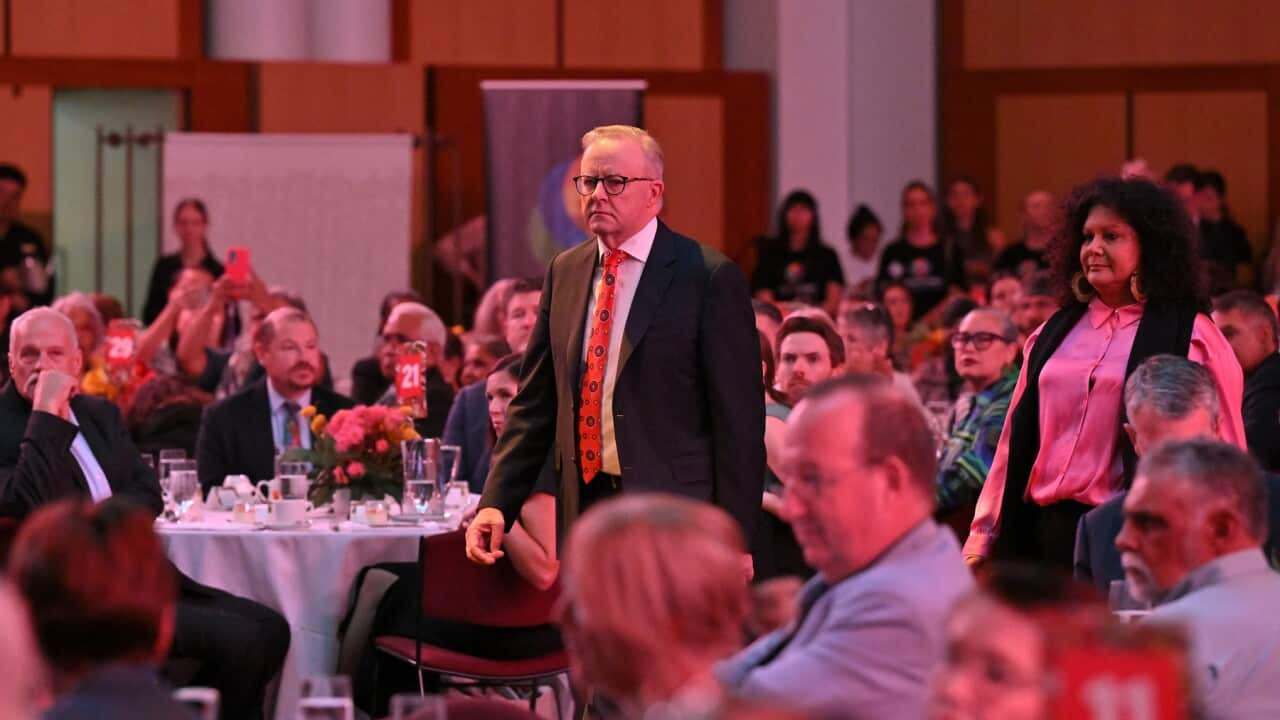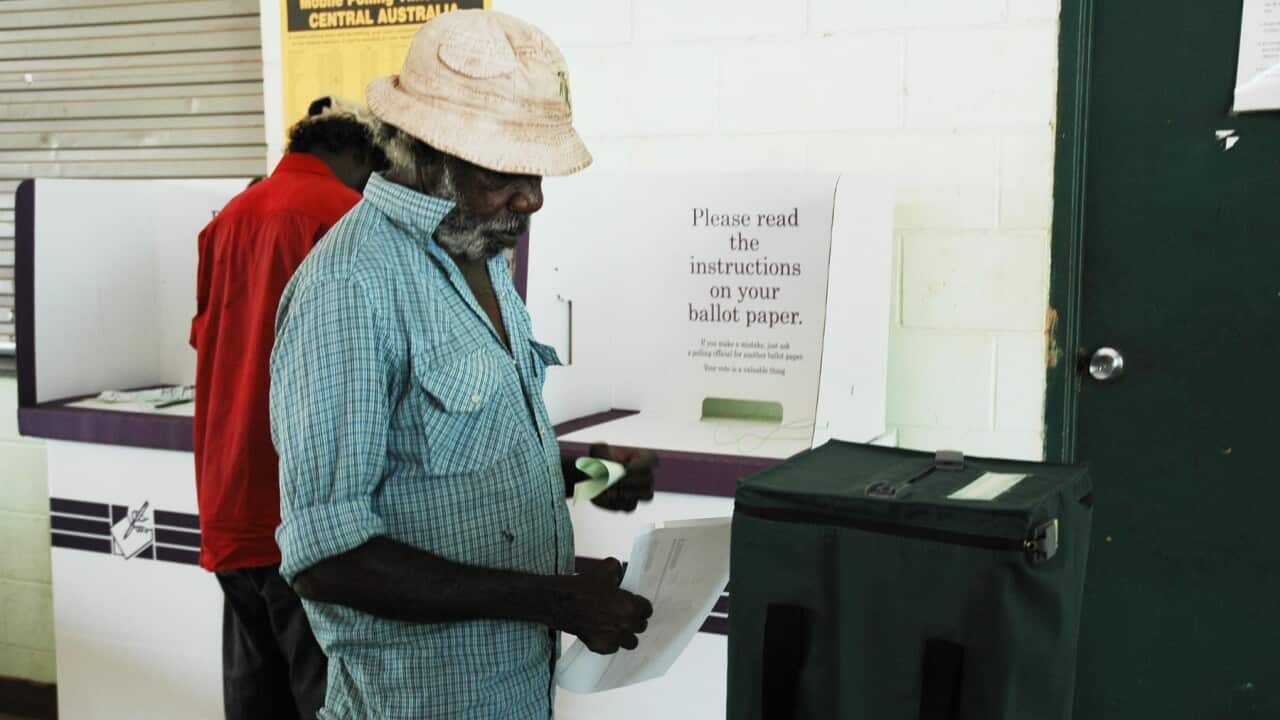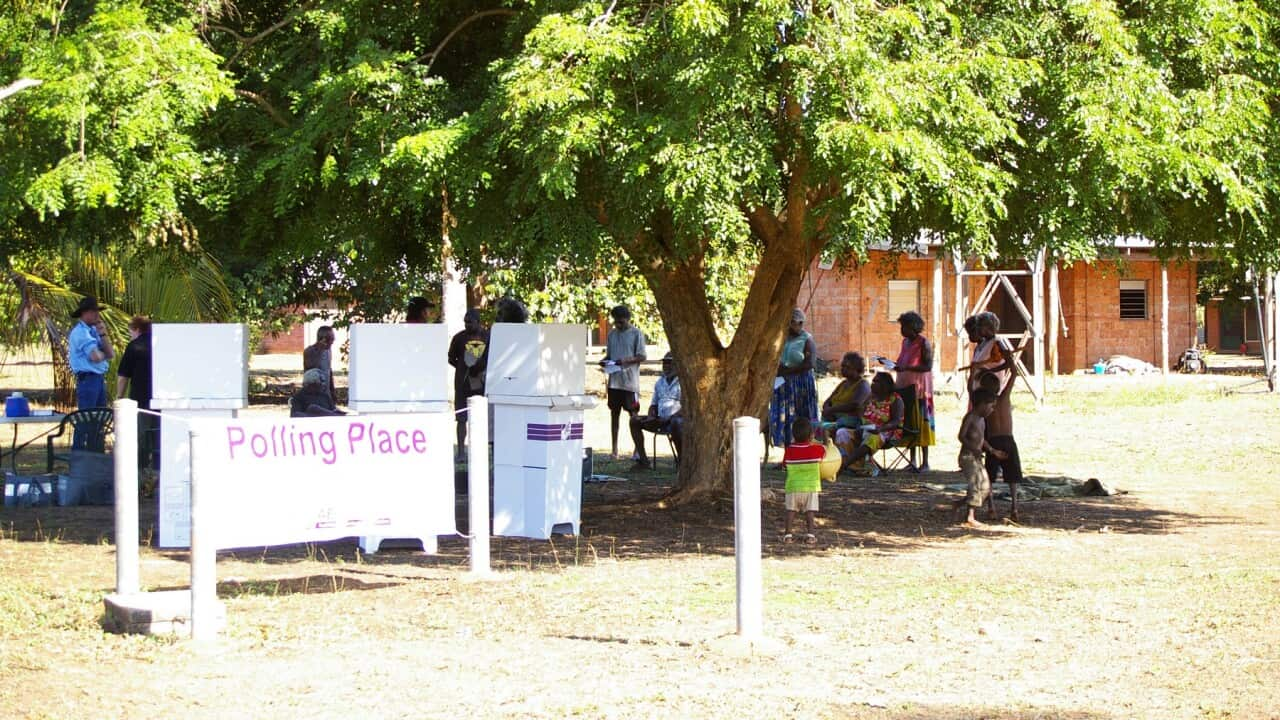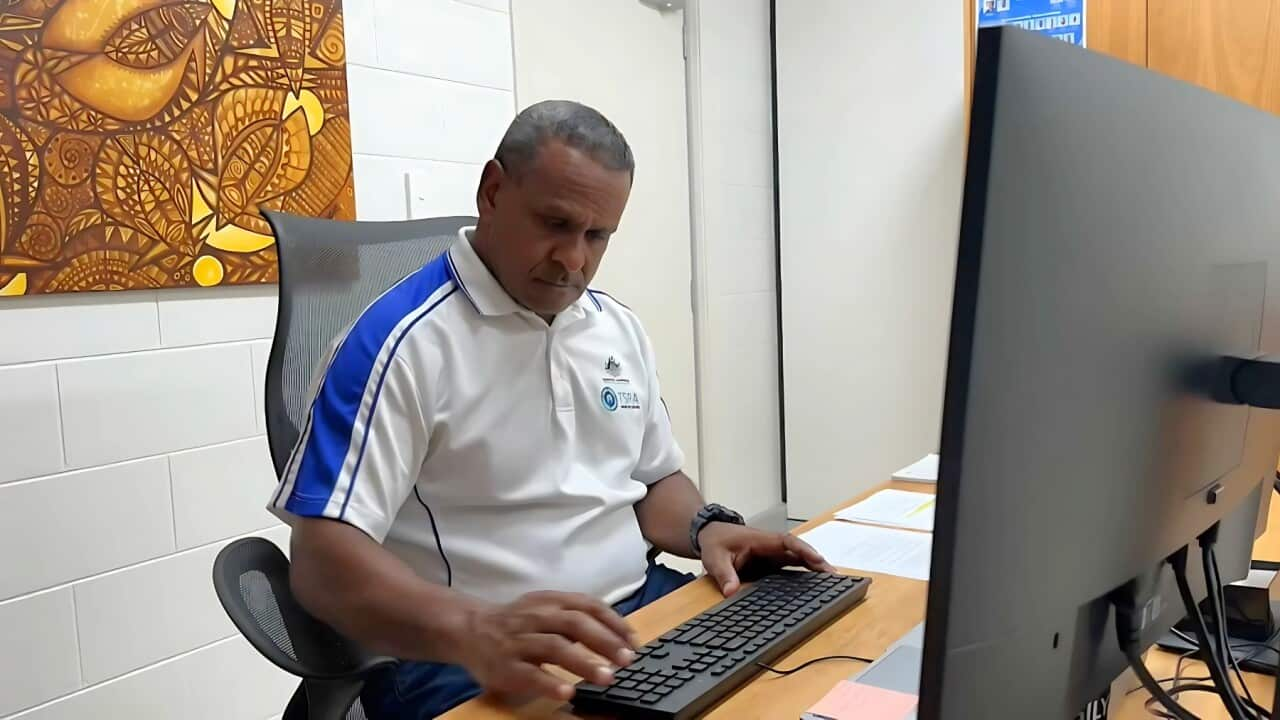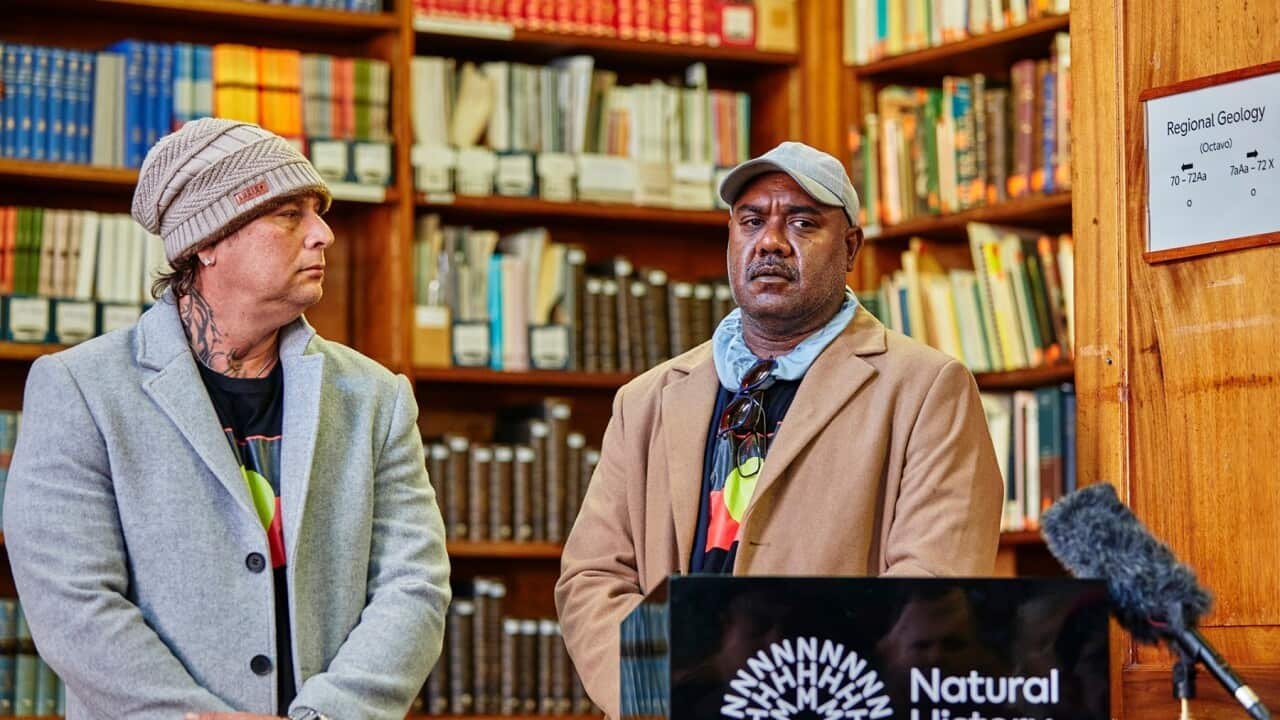TRANSCRIPT
The day began with the sound of the didgeridoo, as survivors gathered at Parliament House commemorating one of the most significant events in Australia's political history, the National Apology to the Stolen Generations,
Yorta Yorta man Ian Hamm was a stolen child, adopted from a Melbourne hospital into a white family.
Today he's with the Stolen Generations Reference Group, and he told NITV it's vital to remember what the National Apology meant to all Australians:
“It was a point where Australia said, we own this. We can no longer say it didn't happen, and we, in fact, we have to embrace it because it informs us who we are. The second reason why we do it every year, to remind ourselves what we did to our own people and to ensure that we never do it again. “
For Mr Hamm, the day brings up intense emotions.
“I think of my own family. I'm one of the stolen children myself. I think of the mother I never met. So today for me is a whole range of mixed emotions, but the biggest one is hope. And where we go from here.”
The Stolen Generations Reference Group is an Aboriginal and Torres Strait Islander organisation supporting the healing of Stolen Generations survivors, families and communities.
Another member of the group is Yvonne Mills.
“I think of my mother and I think of my big brother who was our protector, the protector of his four little sisters, and he's no longer with us.”
It was in 2008 that then-Prime Minister Kevin Rudd spoke the long anticipated words:
“For the pain, suffering, and hurt of these stolen generations, their descendants and for their families left behind. We say, sorry.”
At the meeting in Canberra, Prime Minister Anthony Albanese announced the existing reparations scheme for survivors in the ACT and Northern Territory would be extended by 18 months.
“The process of healing that began with the apology goes on, a process we are assisting by extending the Territory's Stolen Generation's redress scheme to the 30th of June, 2028.”
Those present reminded politicians that much more needs to be done to support survivors, including fully implementing the recommendations of the landmark 1997 'Bringing Them Home' report.
In the 1970’s Tony Hansen was forcibly removed from his mother and grandparent’s care as a toddler.
Today he is a member of the Bringing Them Home Committee and the Carrolup Elders Reference Group.
“It was genocide. We must face the truth. The poison must be exposed before the healing can start.”
Dr Jenni Caruso is an Eastern Arrente [[AH-run-duh]] woman who lectures in Aboriginal cultures and histories.
Her research focuses on the impacts of removal on the Stolen Generations.
“It's time to move beyond imagining. Survivors are aging and urgent response is required from all sides of politics.”
An emotional day, but also one of healing.
